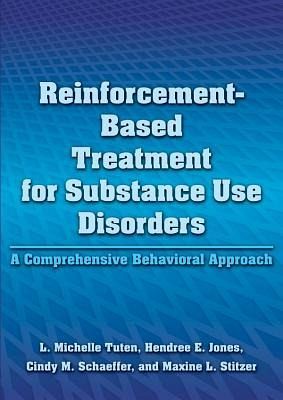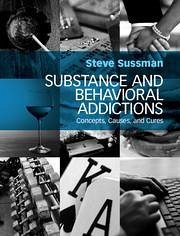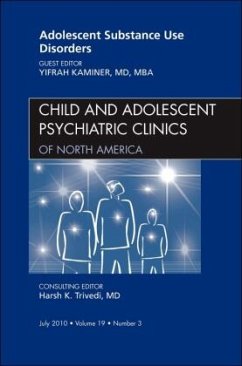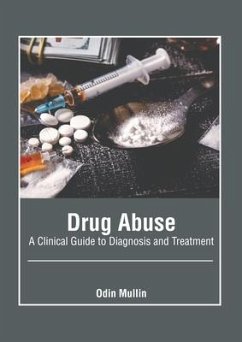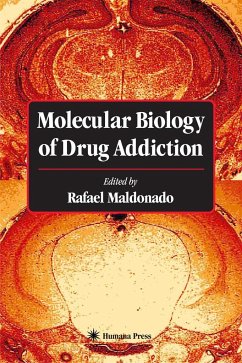L. Michelle Tuten, MSW, LCSW-C, is an assistant professor in the Department of Psychiatry at Johns Hopkins University School of Medicine, program director of the Cornerstone Drug and Alcohol Treatment Program, and deputy research director of the Center for Addiction and Pregnancy in Baltimore, Maryland. She is a coinvestigator on several grants funded by the National Institute on Drug Abuse that examine the efficacy of motivational incentives and other behavioral interventions, including Reinforcement-Based Treatment, and she regularly conducts trainings on evidence-based models for treating substance use disorders. Ms. Tuten is codeveloper of an intervention, Family-Based Recovery, designed to treat families referred to child protective services for abuse or neglect associated with substance use. She has 2 years of experience in the study and implementation of evidence-based practices. Hendree E. Jones, PhD, is a licensed psychologist in the state of Maryland and a professor in both the Department of Psychiatry and Behavioral Sciences and the Department of Obstetrics and Gynecology at Johns Hopkins University School of Medicine. Dr. Jones is the director of research for the Center for Addiction and Pregnancy and the executive program director of Cornerstone Drug and Alcohol Treatment Program. She also has an appointment as a senior research psychologist at Research Triangle Institute International. Since 994, Dr. Jones has been continuously funded by National Institute on Drug Abuse (NIDA) as a principal investigator designing and leading studies that focus on the in utero exposure to abused substances. She has published over 9 peer-reviewed publications, several book chapters, editorial letters, and non-peer-reviewed articles for clinicians. Dr. Jones has served on numerous review panels for NIDA, the National Institute on Alcohol Abuse and Alcoholism, the Substance Abuse and Mental Health Services Administration, and the Institute of Medicine. She has held multiple leadership positions within APA's Division 28 (Psychopharmacology and Substance Abuse) and is currently president-elect. She is a member of the Women's Health Research Coalition, the College on the Problems of Drug Dependence, and a fellow of both the Maryland Psychological Association and APA. She currently serves on several editorial boards for peer-reviewed journals in the field of addiction. Cindy M. Schaeffer, PhD, received her doctorate in child clinical psychology from the University of Missouri amp ndash Columbia and completed a postdoctoral fellowship in prevention science at the Johns Hopkins Bloomberg School of Public Health. The focus of her training and research has been in understanding the developmental trajectories that lead to juvenile offending and adolescent substance abuse and developing multisystemic (i.e., family, peer, school, community) interventions to address these problems. Dr. Schaeffer is now an associate professor in the Department of Psychiatry and Behavioral Sciences at the Medical University of South Carolina and a member of the Family Services Research Center faculty. Currently, her research involves developing and evaluating an ecologically based intervention aimed at improving the relationships of youth at risk for serious antisocial behavior with prosocial peers and adapting multisystemic therapy for families in which there is substantiated child abuse or neglect and caregiver substance abuse by incorporating Reinforcement-Based Treatment. Maxine L. Stitzer, PhD, is a research psychologist and professor in the Department of Psychiatry and Behavioral Sciences at Johns Hopkins University School of Medicine. At Johns Hopkins University, she conducts clinical research at the Behavioral Pharmacology Research Unit, a nationally recognized drug abuse research laboratory. Her extensive grant-supported research program has focused on pharmacological and behavioral approaches to the treatment of substance abuse and reflects active research interests in illicit drug abuse and tobacco dependence. She has published over 2 scientific papers, coedited a book on methadone treatment, and founded the Cornerstone Treatment Research Clinic at Johns Hopkins University, where Reinforcement-Based Treatment has been developed and researched. She is well-known for her work on contingent incentive approaches in substance abuse treatment, which are designed to enhance motivation for positive behavior change, including abstinence from drug use. She has been the recipient of numerous federal research grants and several awards for outstanding contributions to behavioral science research. She currently heads the Mid-Atlantic Node of the National Institute on Drug Abuse Clinical Trials Network, a project in which researchers and clinicians work together to test validated treatment methods in community clinics and disseminate these methods into service delivery.
